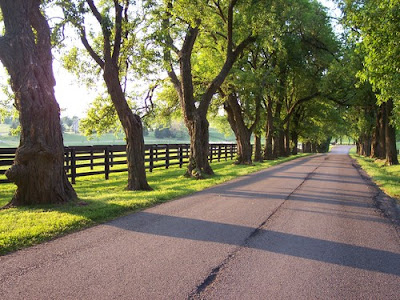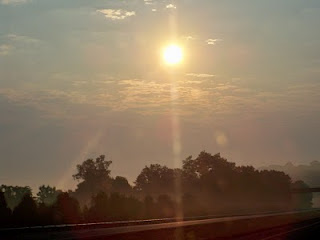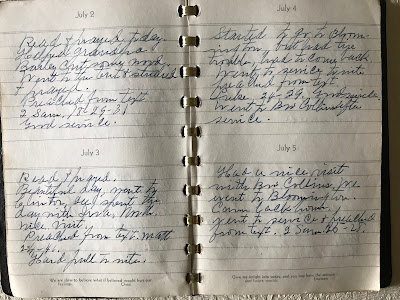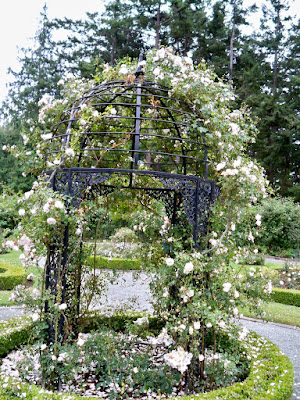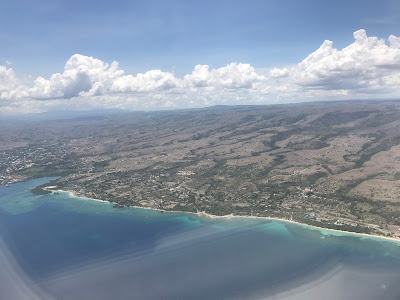Morning Post
Lately, because of a new glitch in the blogging platform, I’ve been writing many of my posts the night before. This is not the way I like to blog. There is something about the morning that suits me.
Maybe it’s because the muse is more active at this time of day. Or maybe it’s because I’m closer to dreamscapes.
For instance, today I awoke near a border. It had to be with Mexico though in sleep I was convinced it was with Spain. It was sunny and hot. There was surveillance.
This was the not the meat of the dream, only a small side course. But it’s what stuck with me — and that it stuck with me at all is because I’m writing this in the wee hours.
The morning post. It’s not the only way to go, but I’m convinced it’s the best.


